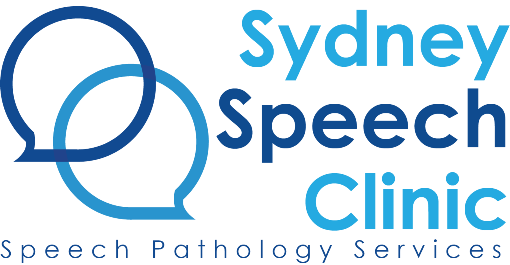'Social thinking' skills help us to form happy, healthy relationships with the people around us.
This program is designed for children who would benefit from extra teaching, reminders, support and/or practice with social skills, social language concepts, vocabulary and engaging in every day social interactions.
The program we implement is called the "We Thinkers! Social Explorers", and incorporates direct teaching, play-based learning, group interactions and parent education to encourage generalisation of each new social skill to everyday life!
By the end of this program, children will have made new friends and developed a new way of thinking about social interactions.
GOALS
- Thinking Thoughts and Feeling Feelings (Classroom Adventure)
- The Group Plan (Adventure on the Farm)
- Thinking with Your Eyes (Adventure in Space)
- Body in the Group (Ocean Adventure)
- Whole Body Listening (Zoo Adventure)
- Hidden Rules and Expected and Unexpected Behaviors (Pirate Adventure)
- Smart Guess (Mystery Adventure)
- Flexible and Stuck Thinking (Ice Cream Shop Adventure)
- Size of the Problem (Dinosaur Birthday Party)


Understanding Eye Contact

Understanding Social Expectations

Initiating Interactions

Making and Maintaining Friendships

Using Body Language

Taking Turns

Gaining Self Control

